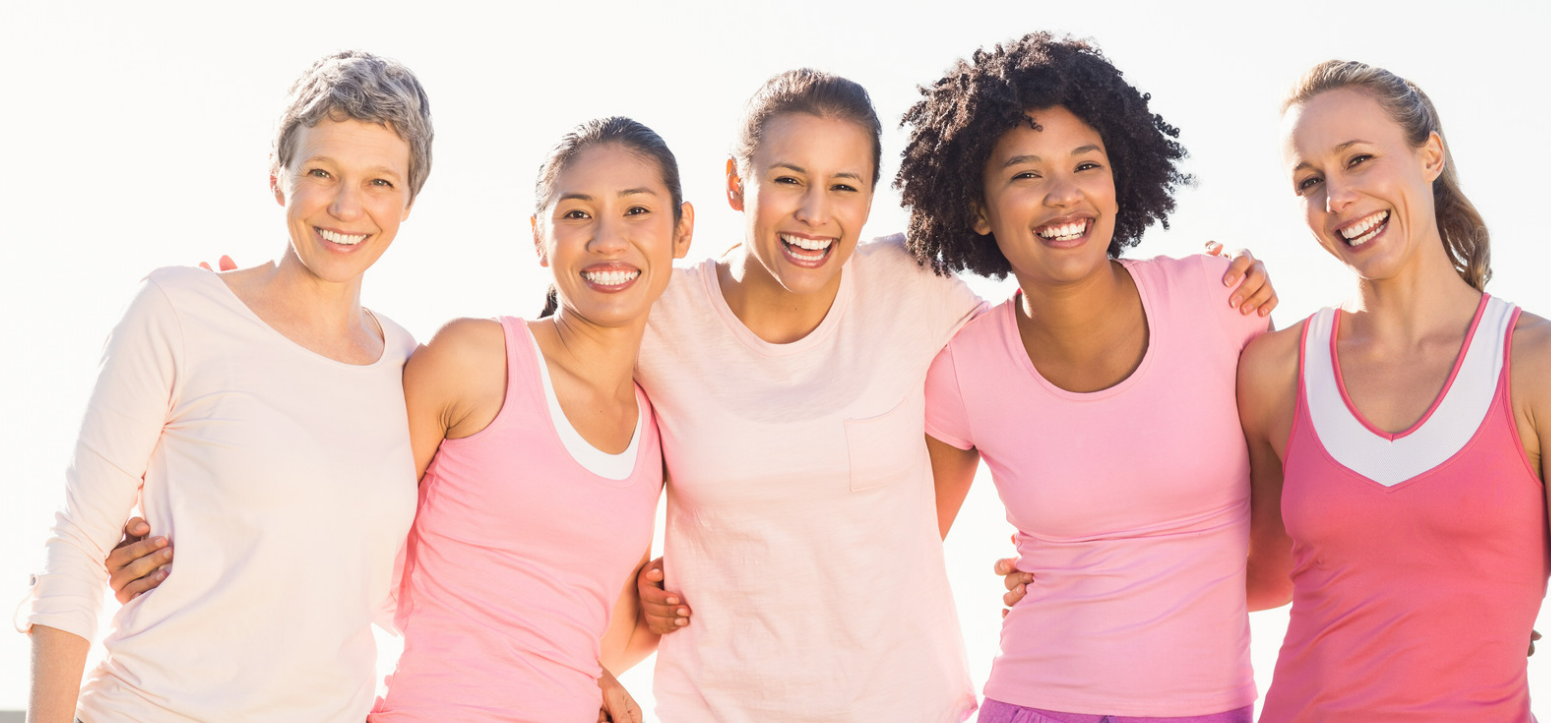Interview with Dee Manuel Cloud
In this episode, we will uncover 3 keys to:
- Putting Yourself First Isn’t Selfish – It’s Taking Care of You!
- Get Help from a Mentor: They Can Show You the Way!
- Finding the Good in Life When Things Fall Apart
Podcast Transcription
Episode 3: Dee Manuel Cloud – Breast Cancer Recovery Strategist and Speaker
Intro
Odiva Vasell: (00:24)
Welcome and thank you for joining us, Dee.
Dee Manuel Cloud: (00:27)
Thank you for having me. I appreciate you. It’s exciting to be here with you. Let’s get it started.
Odiva Vasell: (00:33)
Yes. So tell us, if you can tell us, where is the beginning? Like, where did you start in your business, and what motivated you to create this?
Putting Yourself First Isn’t Selfish – It’s Taking Care of You!
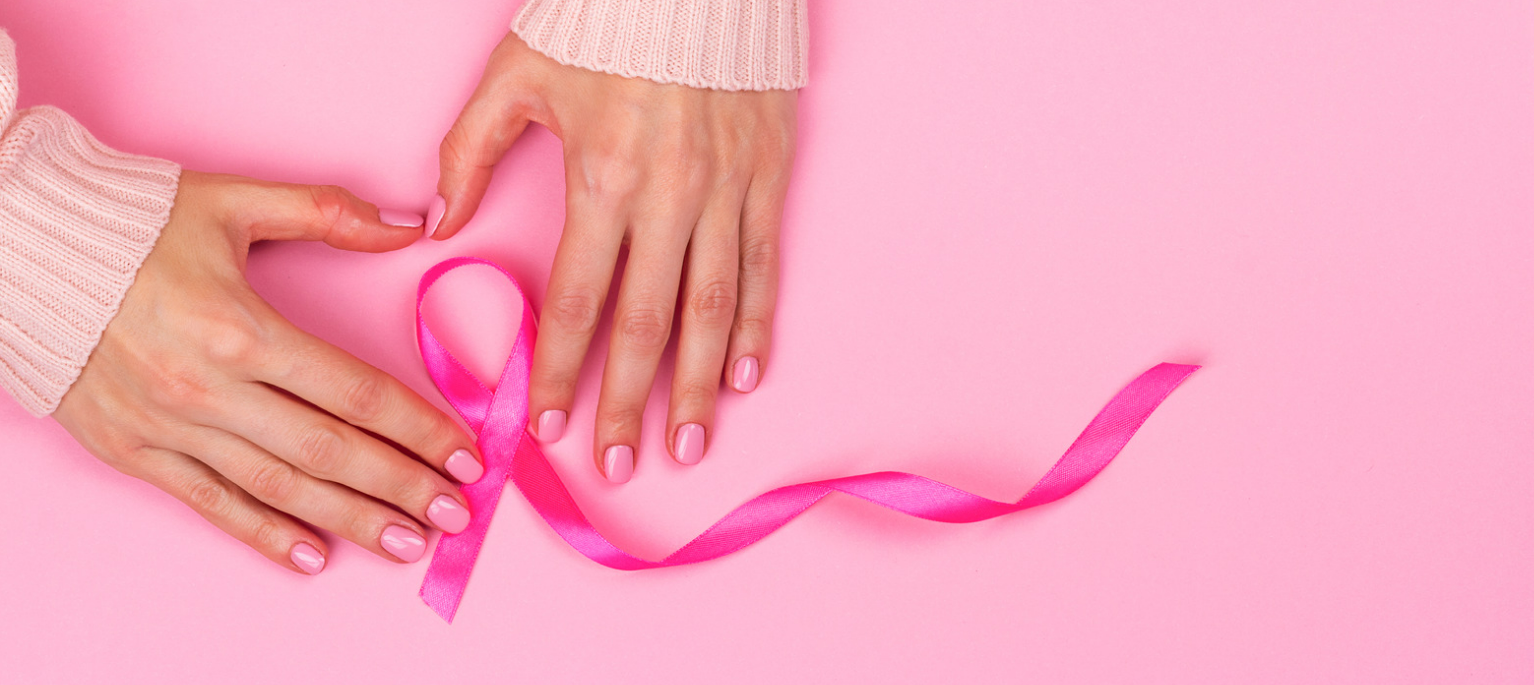
Dee Manuel Cloud: (00:46)
That’s a great question. So, I am a breast cancer recovery coach, and what that means is I help breast cancer survivors move past the fear, trauma, and suffering of breast cancer to creating a life of peace, joy, and fulfillment so they can truly thrive. Right. And this is near and dear to me because I myself am a two-time breast cancer survivor. And I recognize that there is a gap in between when we complete treatment. And in Houston, where I’m from, we ring the bell at MD Anderson, one of the number one cancer hospitals in the world. Anyway, that’s where I was treated. And we have this thing where they ring the bell when you’re completing treatment.
Odiva Vasell: (01:34)
I’ve seen that on TV.
Dee Manuel Cloud: (01:36)
Yes, right? And so it’s great. However, there’s a gap. It’s like we finish treatment and everybody expects that we’re back to normal, except we’re standing there like, but I’m not normal. I don’t feel normal at all. I have these new changes in my body. I’m afraid that, what if this thing comes back? I have all this uncertainty now because I am someone who I know now can develop cancer. So there’s always this fear of whether or not it’s going to return, and that’s a huge fear when you’re fresh out of treatment. Right. We call it scanxiety because every time you go in for a scan, there’s anxiety about if they’re going to find something. And so what I want to do is help survivors understand that not only can life be good after breast cancer, but it can be better than ever before.
Odiva Vasell: (02:35)
Mmm… From your mouth. Not only can life be good after breast cancer, but it can be better than before. Okay, so tell us about this journey. What year did this happen when you first found out you had breast cancer?
Getting stressed and pretending to be someone we’re not can hurt us, so we should focus on self-care and staying true to ourselves.
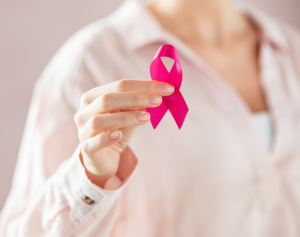 Dee Manuel Cloud: (02:57)
Dee Manuel Cloud: (02:57)
So I was first diagnosed at the age of 35. I don’t remember what year that was because I don’t ever do it. By the year, I always think I was 35. And I remember that so vividly because the doctors and the nurses kept saying, “But you’re so young,” right? And I’m like, “Well, can somebody tell the breast cancer?” But I’m thinking, “I’m so young.” And at the time when I was first diagnosed, I had a five-year-old and a 14-year-old. And so when you get that kind of news for a lot of women, especially if we’re moms, your first thought is, “What about my kids?” Right? How are they going to take the news? Are they going to have to grow up without me? That was my immediate thought. Right. Nonetheless, I went through a lumpectomy, chemotherapy, radiation. I did everything that the doctors told me to do, and I finally got my all clear that the cancer was gone. However, what I think is important about my story and that I like ladies to focus on is that after that first diagnosis, when the doctors had completed everything that their treatment plan, I went right back to the same environment that had created cancer in the first place. Right. I was under a lot of stress because I was at a job that I was unhappy at. I was in a marriage that I wasn’t happy in, and I wasn’t living as my authentic self. I was hiding the fact that I was a lesbian because I was too afraid of being judged. I was too afraid of being excommunicated from my family who was ultra-religious, especially my mom. And so I had all of these things that were weighing heavily on me, but I didn’t do anything about those things, the things that I could control, right. I just went right back to the same toxic environment, and then with absolutely no family medical history of breast cancer, breast cancer came back. And this time it was my nurse who got my attention. And she said, “You know, Dee, you really need to do something about the stress in your life now.” And I don’t know how she knew I was stressed because I absolutely didn’t tell her. I didn’t tell anybody about any of the things that I was dealing with because I was too afraid, right. But she got my attention. And I had never equated stress to breast cancer. Right. It was always environmental or what you’re eating and all of those things, but not stress and. So when she said that to me, I really sat and looked at everything in my life that I knew I was unhappy with, and I decided that life was short, and if I was going to get anything out of breast cancer, I was going to make it work for me. And so breast cancer gave me courage, right. It gave me the courage to finally leave the job that I wasn’t happy yet, even though I was being paid well. It gave me the courage to finally ask for a divorce and to free my then-husband so that he could find somebody who loves the way he loves. Right. And it gave me the courage to come out and be my authentic self and acknowledge to not just the world, but most importantly to myself, that I’m a lesbian. And it was hard to do that and acknowledge it to anybody else when I wasn’t even acknowledging it to me.
Odiva Vasell: (06:35)
Wow. That is a lot to unpack. Like, this was this burden, this inner struggle that had been suppressed for so long that you did not even know it was there, and that stress was showing up in your body.
Dee Manuel Cloud: (06:50)
Absolutely.
Odiva Vasell: (06:52)
Wow. And so tell us more about the journey of releasing the stress or stepping away from it. And how did you do it? Because I think anytime we go through physical illness, we have a greater fear of abandonment and being alone. So allowing yourself to step out on your own and come out and tell people who you are. What happens if you have that scan scarcity or scan scare anxiety? Okay. And what if you face the cancer again and nobody’s there for you? That is very frightening.
Prioritizing self-care and making life-affirming choices can lead to personal happiness and improved relationships.
Dee Manuel Cloud: (07:37)
You know what? That was never a thought of mine. I never considered, “What if this comes back again and I’m alone?” It really became life or death for me, right? And it became, “I have to choose what’s going to support me living as opposed to what’s killing me,” right? And again, the stress was killing me. So it really became these choices that I ended up having to make. I made them life or death choices for me. And so I chose me for probably the first time in my life because before that, I had been living for everyone else, right. I was living to make my mom happy. I always did what was expected of me. Right. I was the good girl, and I didn’t want to disappoint anybody. I didn’t want to disappoint myself. I didn’t want to tear up my family. I was worried about how my kids would adapt to the divorce. But what I will share with anybody watching is, that children are adaptable, right? They are sponges. They soak up whatever environment they’re in. And so it became very important to my former husband and myself that we showed them harmony, that we showed them a peaceful breakup, and that they still saw us engaging and laughing and having fun with each other. Tease. People and say, “I think I had the most amicable divorce in the world,” but I had to learn that they would be okay. But they weren’t going to be okay if I wasn’t okay. Because with those suppressed emotions also came irritability, frustration, anger, and all of that that I was taking out on my children. Because everything was, “Oh, my God, what do you all want now?” Because I’m just wound up so tight, right, about everything that I’m suppressing. So having the courage to step out and live for myself made me a better mom. It made me a better friend. It made me a better daughter. It made me a better employee because I was finally happy.
Odiva Vasell: (09:58)
What a phenomenal story of courage and strength and connection. Connection to oneself.
Dee Manuel Cloud: (10:08)
Yes.
Get Help from a Mentor: They Can Show You the Way!
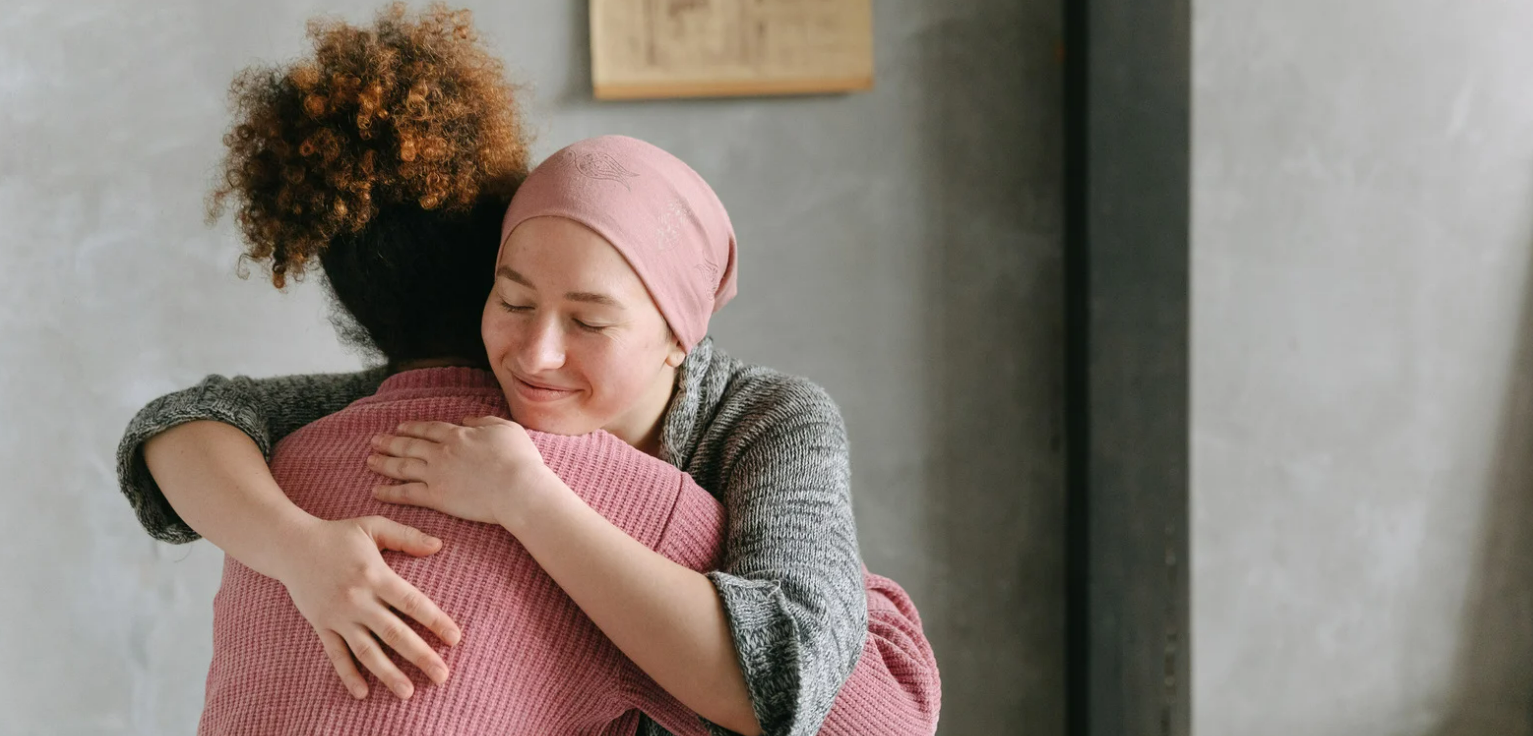
Odiva Vasell: (10:09)
Yes, Oh, man. Our listeners are going to get a lot out of this. Not only the cancer, then the divorce, and then sharing this journey with your kids and letting them know that it’s okay and choosing yourself first. I love that. I love that. So then you started this business, and I also understand you have a book that came out recently. So tell us a little bit more about who do you serve in your business?
Dee Manuel Cloud: (10:56)
Like I shared at the start of the show, I serve breast cancer survivors, and specifically breast cancer survivors, because that’s where the gap is, right? When you’re going through your diagnosis, you’re going to have support at the wazoo. Everybody kind of puts their life on hold to make sure that you’re taken care of. But when we complete treatment, they go back to their lives, and rightfully so, because like I said, they’ve likely put things on hold to support you. However, again, we’re left there saying, “What the hell just happened? And how do I move forward? Where do I go from here?” And so. Um, I’ve had many different I dipped my toe in a bunch of different things. I like to call myself. What’s the term for
Odiva Vasell: (11:54)
the jack of all trades?
Dee Manuel Cloud: (12:00)
Serial entrepreneur. Entrepreneur. Yes. Because before even getting into coaching, I was in real estate. I didn’t, immediately after my breast cancer experience, go into coaching. I did real estate first. And I only share that because there’s this gap. Right. And when I realized that every time someone got a breast cancer diagnosis, if they were friends or family members of anybody that I knew, they would send them to me. And so I thought, “I have a unique opportunity to really do something here and to really help ladies on a larger scale. And instead of waiting on them to come to me, what if I went to them,” and what if I gave them and I realized that I didn’t have a lot of support when I was going through the hardest parts of my journey right. Which was the recovery and the reinventing my life and rebuilding my life and living boldly and living fearlessly. That was the most challenging part, because when the doctors were doing what they were doing, it’s like, “Oh, it’s great. I’ve got to do nothing. I just sit back and let them handle it.” But when you realize, “Oh, no, I have to be an active participant, and I have to clean up this mess that I’ve made over here by sticking my head in the sand and living from a space of fear,” right? So that was the hardest part, is being accountable for the mess that I had allowed to develop and not owning my sexuality and not asking for a divorce or getting married in the first place when I knew I had no business getting married. Right. And taking a stand that I don’t have to work at this job where I feel mistreated and misused just for money. Right. And so it really became the best way I can say it is I got my life. Breast cancer helped me get my life.
Odiva Vasell: (14:11)
I got it. So you’re helping women in that gap. Okay. The doctors have done all they can, and I’m a survivor now. What’s the next step for my happiness?
Dee Manuel Cloud: (14:27)
“What’s the next step for my happiness?” And supporting other ladies so that they don’t have to go through recovery alone is part of my happiness. Lights me up. It brings me so much joy. There is no better feeling than having someone say, “That really helped me,” or, “You really helped me,” or, “I never thought about it like that, Dee,” right? To give someone a new perspective that allows them to develop and grow and really see life through what I call rose-tinted glasses. Right. Because that’s where I feel like I am now. Every challenge is just an opportunity. It’s like, “What is this going to teach me?” Right? And so it’s all about development and growth. And that’s the space that I think that a lot of breast cancer survivors get stuck. And one of the things that I’m always saying is, can you get unstuck without a coach? Absolutely. But a wise woman once said, “We can go far by ourselves. We can go faster with a team.” And so what I do is shorten that recovery process so that you can get to have your life and have your life boldly and fully and fearlessly more quickly.
Odiva Vasell: (15:48)
I love that. And what’s so special about it? Not only are you holding a space for these women, you have the experience behind it. Because when you’re talking with a life coach or any kind of coach or mentor who’s helping you get to the next level, and yes, they understand there are some fears and blocks that you may be dealing with, but when you’ve been through it,
Dee Manuel Cloud: (16:19)
yes,
Odiva Vasell: (16:16)
you really speak to women who feel safe.
Dee Manuel Cloud: (16:22)
Right. And I love that you brought that up about having been through it. Right. Because unfortunately, I have the benefits of having gone through it twice. So I know what it’s like to go back to the same environment and live in a space of unhappiness. And I also know what it’s like to choose me. Right. And that’s what I want to help other survivors do. I want them to know that it’s not selfish to choose themselves, that we have to choose ourselves first so that we can be better moms, wives, sisters, business owners, whatever hat you’re wearing, you can wear that hat better when you’re happy.
Odiva Vasell: (17:06)
“We have to choose ourselves first.” That is a key message. So tell us a little bit about the book.
Finding the Good in Life When Things Fall Apart
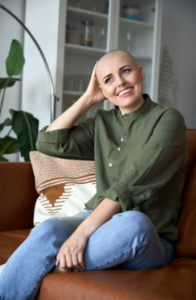 Dee Manuel Cloud: (17:15)
Dee Manuel Cloud: (17:15)
The book is called, let me get a book. So here is my book. It is entitled, “Beauty in the Breakdown: Finding Peace in the Midst of Life’s Disruptions.” And I was inspired to write this book because, again, I recognize that for a lot of people, there’s a gap that when trauma or life happens, because life be life, and when life happens, that a lot of times we don’t recognize the opportunity in the curveballs that life throws us. Right. We think of it as punishment or, “Why is this happening to me?” Instead of, “Why is this happening for me?” This is happening for me to elevate me to my next level. And that’s the whole premise of this book, that there is beauty in every single breakdown if we look for it.
Odiva Vasell: (18:18)
“Beauty in the Breakdown.” Wow. Powerful message. And if you are talking to someone who doesn’t have the same experience as you but has a similar experience where they had to go through something traumatic and now they want to start a business, a coaching business, and reaching out to women who have similar experiences, what would you advise them to be the first step in creating that?
Seek wisdom from those who’ve walked the path before you.
Dee Manuel Cloud:: (18:56)
I want to make sure I understand the question. So you said if someone else had a similar experience and they wanted to get into coaching, what would I advise them to do as their first step? Yes. Oh my God. Find a mentor. Find you a coach. Right. Like trying to do this by yourself again. Can you do it by yourself? Probably. You can probably Google some stuff and come up with some action steps to take. However, working with somebody who has been there and who’s doing what you want to do is always going to be your next best investment. Invest in yourself and invest in a coach. Because one of the things that I always tell my clients is understand that when you enroll to work with me, you’re not choosing me, you’re choosing you. Right? And so choose yourself. Invest in yourself. Get a coach. Get a mentor that can take you to that next level. That would be my first step is to get a coach.
Odiva Vasell: (20:00)
Yes, getting that support, getting that mentorship.
Dee Manuel Cloud: (20:06)
Guidance.
Odiva Vasell: (20:08)
Guidance, rather than staying on that pathway and saying a lot of people get stuck in indecision, should I do this? Should I do that?
Dee Manuel Cloud: (20:19)
Yes.
Odiva Vasell: (20:20)
Move forward.
Dee Manuel Cloud: (20:22)
Move forward and move forward with somebody who you see moving forward, that you see making the steps that you want to make, that you see who has a business model that you want to have. Right. Because you’re going to not only learn from them as a student, but you get to watch them as a business owner and say, “Okay, this is how she handles these type of situations. This is how he handles these type of situations. And now I have a step by step guide on how to handle this type of situation.”
Odiva Vasell: (20:56)
Yes. So I want to just thank you again for joining me today and really enlightening me and our listeners to a pathway, a new pathway. Choosing you
Dee Manuel Cloud: (21:17)
and understand that choosing you is not selfish. It’s self-care.
Odiva Vasell: (21:26)
Thank you so much, Dee.
Dee Manuel Cloud: (21:28)
No, thank you. Thank you for having me. I really appreciate it.
Conclusion
Dee Manuel Cloud’s journey teaches us that strength and resilience can emerge from life’s trials. Her story is a testament to choosing oneself, seeking guidance, and finding beauty in adversity. Dee’s wisdom inspires personal growth and self-discovery, showing that even in life’s toughest moments, there’s room for transformation and triumph. Remember, you have the inner strength to thrive in the face of challenges. Dee’s story is a beacon of hope for us all.
